France: Law enforcement’s operation in the Pissevin neighborhood of Nîmes, a city besieged by drug trafficking and marred by violent conflicts, did not yield the results they anticipated. Officers combed through every nook and cranny in their relentless pursuit of narcotics. Regrettably, at the conclusion of this operation, which CNews captured on camera, no illicit drugs were seized. The sole discovery was a discarded syringe, a stark reminder of the drug trade, found on the floor of one of the inspected cellars.
Was this mission a failure or merely a near-miss? The absence of narcotics notwithstanding, the CRS (French riot police) and other law enforcement personnel sent to this Nîmes neighborhood stumbled upon the existence of an underground mosque concealed in the city’s depths.
This place of Islamic worship, characterized by its oriental architecture and deteriorating walls, no longer appears in regular use. However, the precise number of other underground mosques in France remains elusive. According to police officers interviewed by CNews, “It is often in subterranean hideaways that we uncover such structures, now operating as clandestine mosques.” These illegal prayer halls augment the existing tally of 2,200, as reported by Dalil Boubakeur, or nearly 2,500, according to a Senate report, of legally recognized mosques already established on French soil.
“Islam of the Cellars”
In the early 2000s, Nicolas Sarkozy, then Minister of the Interior, called for a “fight against Islam in cellars and garages.” Twenty years later, the promised struggle has not eradicated this underground manifestation of Islam. Quite the contrary, approximately one hundred kilometers from Nîmes, in Aix, aware of the illegality surrounding their gatherings, Muslim worshippers congregate in a former bicycle storage cellar repurposed into a prayer hall. Across France, regional and national media outlets report on the closures of certain clandestine mosques and Quranic schools.
Recently, intelligence reports unveiled that a McDonald’s restaurant in Seine-Saint-Denis had shuttered its doors to serve as a prayer hall. In Marseille, some officials, including Senator Reconquête Stéphane Ravier, harbor suspicions regarding numerous unlawful prayer spaces. Following the discovery of a Quranic school in the city’s northern neighborhoods, he declared on CNews, “Given the rise of Islamism in Marseille, we can assume there are others.”
This proliferation can be witnessed throughout France. In the spring of 2021, two clandestine prayer halls were forcibly closed in Belfort. A year and a half later, two illegal mosques in Melun met a similar fate at the hands of the prefecture. From Montpellier and Orly to Roissy, Gennevilliers, and Champs-sur-Marne, the “Islam of the cellars” phenomenon is expanding unchecked. Only unannounced inspections or vigilant neighbors contribute to the efforts to combat these illegal spaces. Many clandestine mosques are tucked away at the rear of gardens or in the basements of buildings, evading detection.
In an attempt to elucidate this “Islam of the cellars,” Muslim authorities falsely claim a shortage of mosques and insufficient support for constructing new places of worship for Muslims. However, a 2015 Senate report already enumerated 20 to 30 mosques per department. Since then, the number of mosques under construction has surged, especially mega-mosques capable of accommodating several thousand worshippers. Consequently, rather than indicative of a shortage of mosques, the “Islam of the cellars” symbolizes the persistent presence of dangerous Islamic supremacists operating in France.

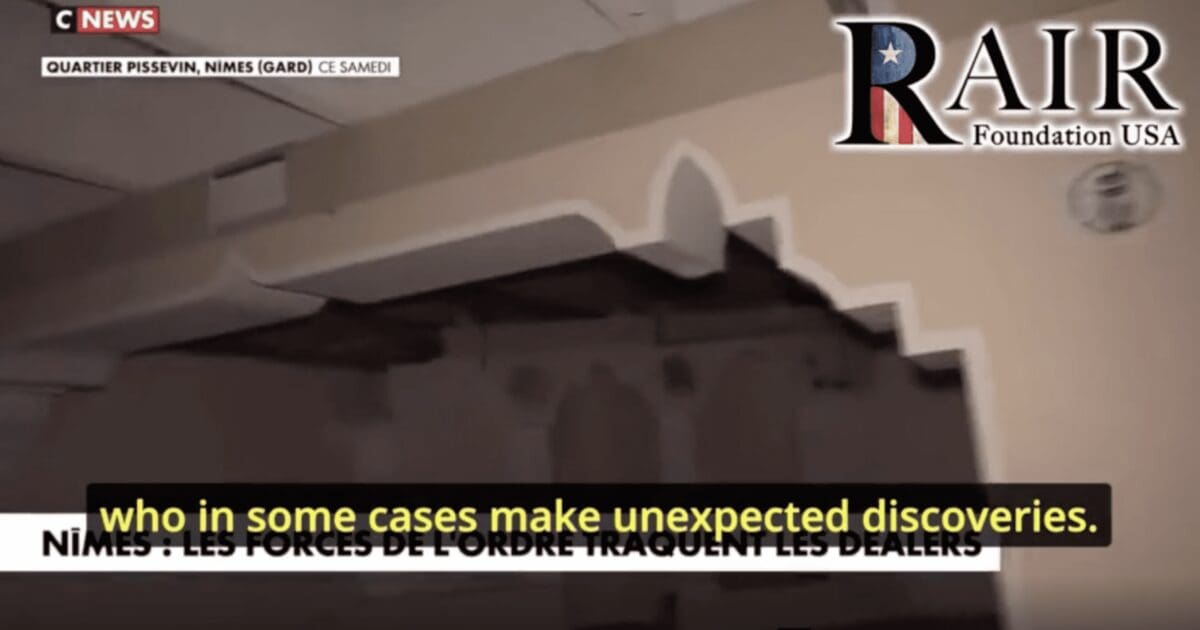
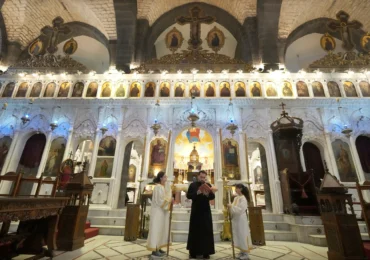

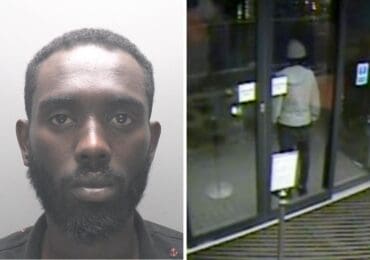




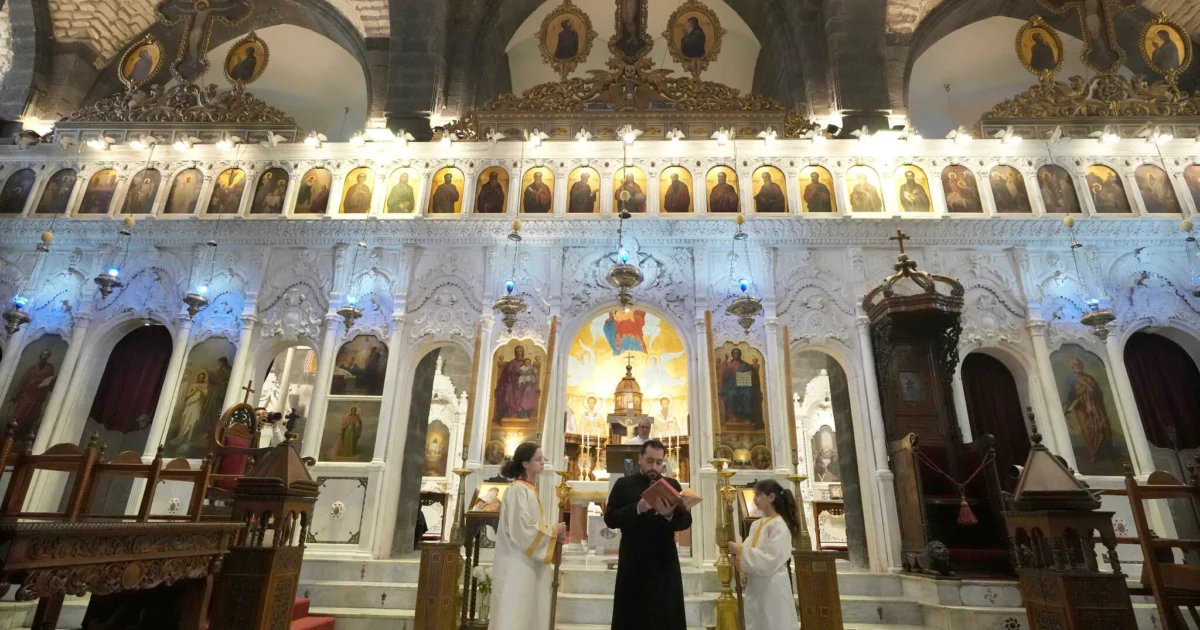
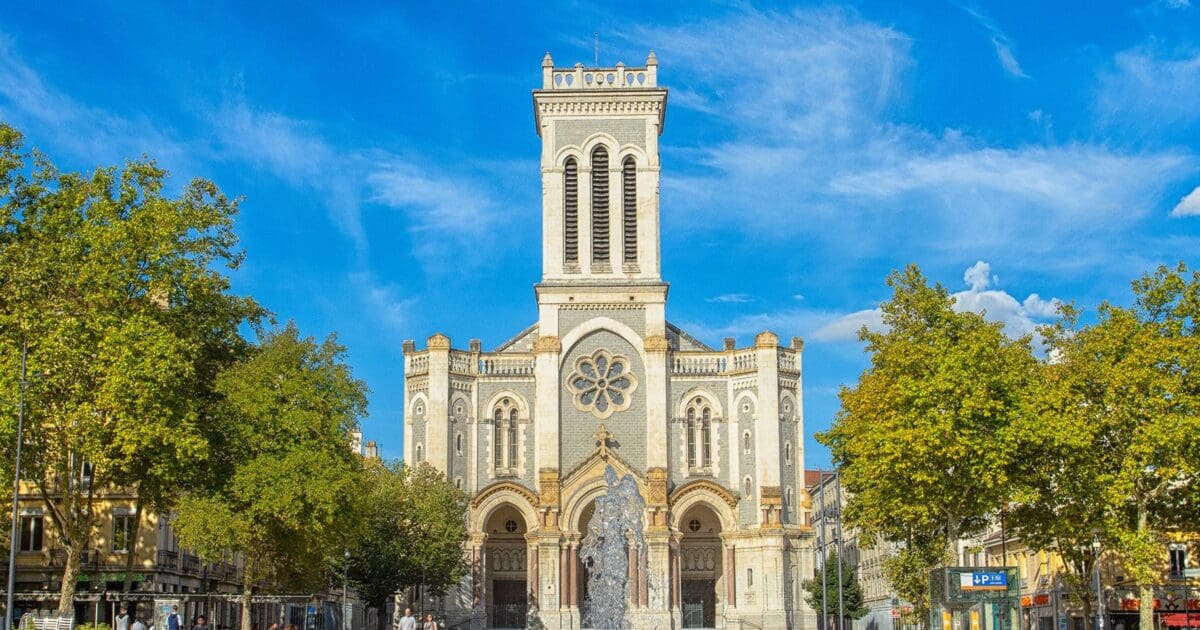
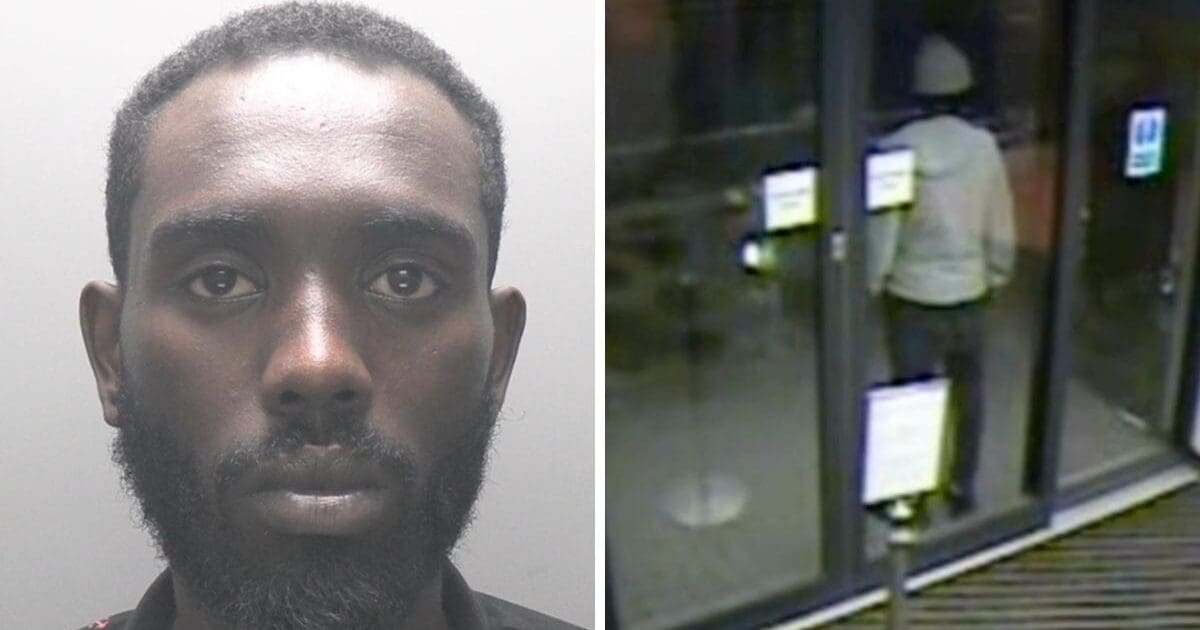

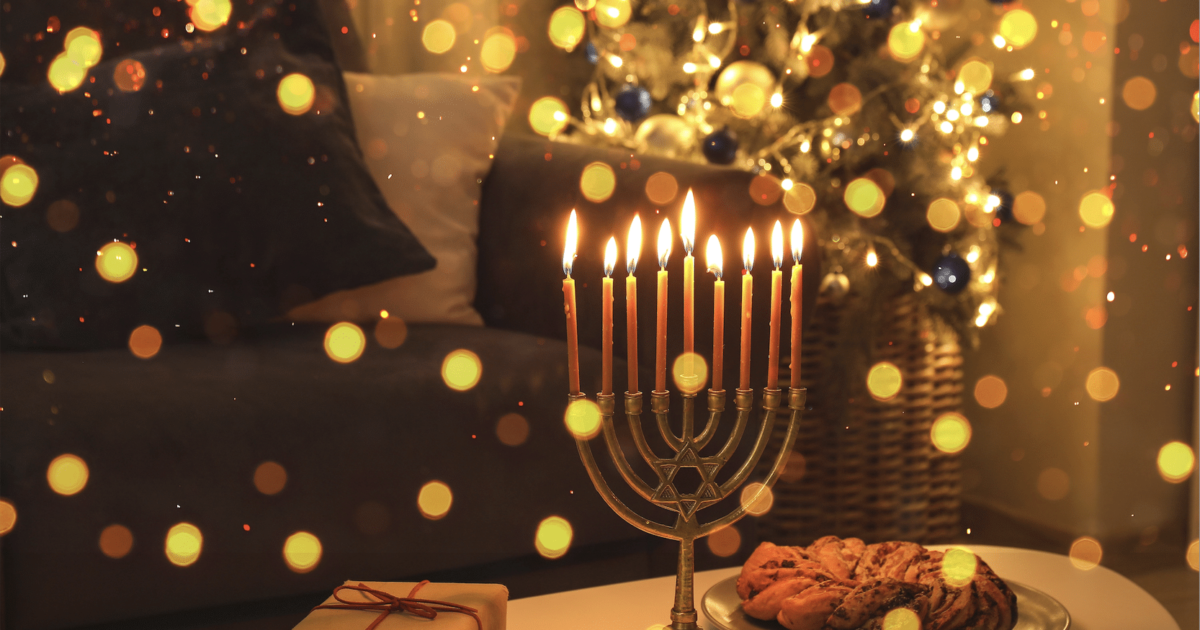
Underground mosques? Probably useful when praying to satan.